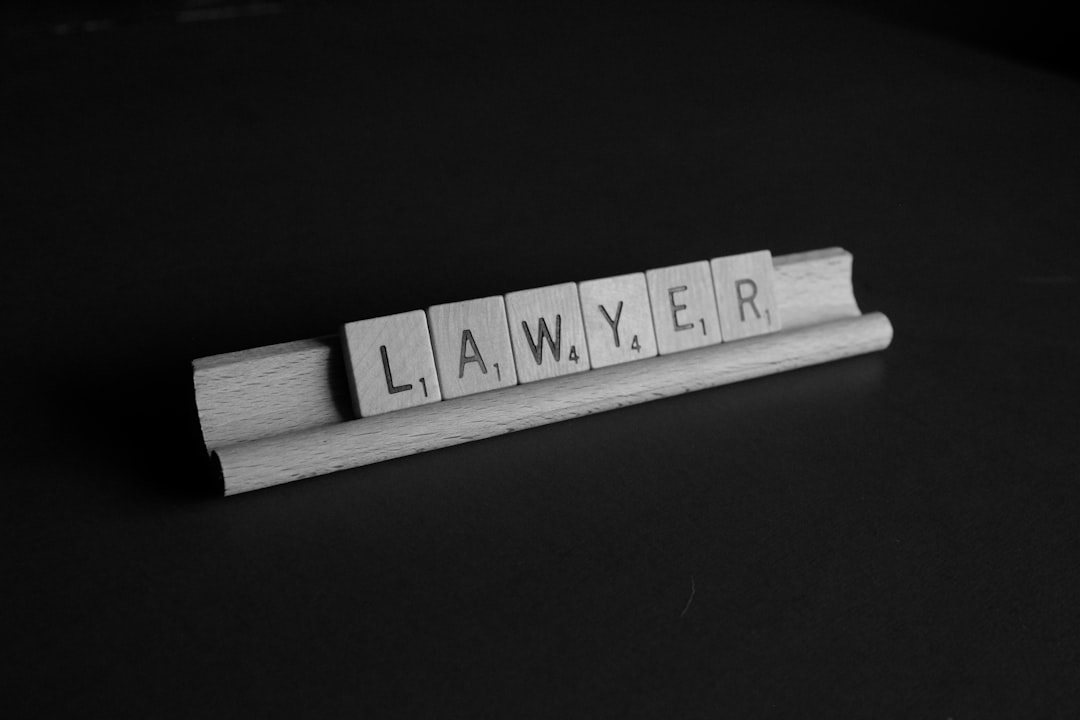In Virginia, consumers are protected from abusive debt collection practices by state laws like the Virginia Debt Collection Act (VDCA) and the Do Not Call Registry. Debt collector lawyers specialize in these regulations, guiding clients on their rights and taking action against violators. They address issues like harassing behavior, false statements, spam calls, and unauthorized dialing systems, emphasizing the importance of contacting a debt collector lawyer Virginia or attorney for protection under debt collector laws Virginia. These professionals also help with navigating spam call law firms and do-not-call laws, ensuring clients' rights are respected throughout the process.
In Virginia, understanding debt collection harassment laws is crucial for protecting your rights. This comprehensive guide delves into the state’s regulations governing debt collector behavior and provides insights on how to safeguard yourself from abusive practices. Learn about the legal protections available to debtors and discover why engaging a skilled debt collector lawyer in Virginia or debt collector attorney in Virginia can be instrumental in navigating these laws effectively. Explore topics including debt collection laws Virginia, spam call law firms Virginia, and more, ensuring you know your rights and options.
Understanding Virginia's Debt Collection Harassment Laws

In Virginia, debt collection harassment is regulated by a series of laws designed to protect consumers from abusive or unfair practices by debt collectors. These laws are intended to ensure that debt collectors adhere to ethical and legal standards when attempting to recover debts. For instance, the Do Not Call Registry in Virginia prohibits debt collectors from making unwanted phone calls, often referred to as spam calls, to individuals who have registered their numbers on the state’s official list. Violating this regulation can result in significant penalties for both the collector and the law firm representing them.
Additionally, Virginia has specific rules governing the behavior of debt collectors, including restrictions on communication methods, frequency of contact, and the use of threatening or harassing language. A debt collector lawyer or attorney in Virginia can help consumers understand their rights under these laws and take appropriate action if they believe their rights have been violated. Individuals facing debt collection harassment should seek advice from a qualified debt collector lawyer to explore legal options, such as filing a complaint with the Virginia Division of Consumer Affairs or taking legal recourse against the offending collector or law firm.
What Does the Law Say About Debt Collector Behavior?

In Virginia, the law places strict regulations on debt collectors to protect consumers from harassment and unfair practices. According to the Virginia Debt Collection Act (VDCA), debt collectors must adhere to specific guidelines when attempting to collect debts. This includes prohibiting abusive, oppressive, or harassing behavior, such as threatening language, false or misleading statements, and repeated calls with the intent to annoy or harass the debtor. Additionally, debt collectors are restricted from contacting debtors at inappropriate times or places, using obscene language, or revealing or attempting to disclose the debtor’s sensitive personal information to any third party without permission.
Debt collector lawyers in Virginia and debt collector attorneys specializing in state laws play a crucial role in ensuring these regulations are enforced. Consumers who believe they have been subjected to illegal debt collection practices can seek legal counsel from these professionals. They can help navigate the complex laws, provide guidance on rights and remedies, and represent clients in court or through negotiations if necessary. If you’ve experienced harassment from debt collectors, contacting a reputable debt collector lawyer Virginia or debt collector attorney Virginia is a prudent step to understand your legal options and protect yourself under the state’s debt collector laws Virginia.
Protecting Your Rights as a Debtor in Virginia

In Virginia, debtors have rights that are protected by state laws designed to prevent debt collection harassment. If you’re being hounded by debt collectors or receiving spam calls from law firms, understanding your rights is crucial. A debt collector lawyer in Virginia can help navigate these complex laws and ensure your rights are respected.
Virginia’s Debt Collection Practices Act (VCPA) outlines strict guidelines for how debt collectors can interact with debtors. This includes restrictions on the number of calls they can make, the times of day they can contact you, and the types of communication they can use. Additionally, there are laws against threatening language, false or misleading statements, and the use of automated dialing systems without your consent (often associated with spam calls). If a debt collector violates these rules, a Do Not Call law firm in Virginia can help you take legal action to stop the harassment.
Choosing the Right Legal Help: Debt Collector Lawyer in Virginia

When navigating the complex landscape of debt collection laws in Virginia, choosing the right legal help can be pivotal in ensuring your rights are protected. A debt collector lawyer in Virginia, or a specialized debt collector attorney, is equipped to guide clients through the intricate web of state and federal regulations governing debt recovery practices. With expertise in spam call law firms and do-not-call laws, these professionals can provide strategic advice on how to proceed when faced with aggressive or illegal debt collection tactics.
In Virginia, debt collector laws are designed to safeguard consumers from abusive or unfair practices. A qualified lawyer can help interpret these laws, such as those pertaining to the Do Not Call law firms, and ensure that debt collectors adhere to them. Whether you’re dealing with phone calls, letters, or even physical visits that cross the line, a debt collection lawyer in Virginia will know how to assert your rights and hold accountable any parties violating the state’s debt collector laws.






